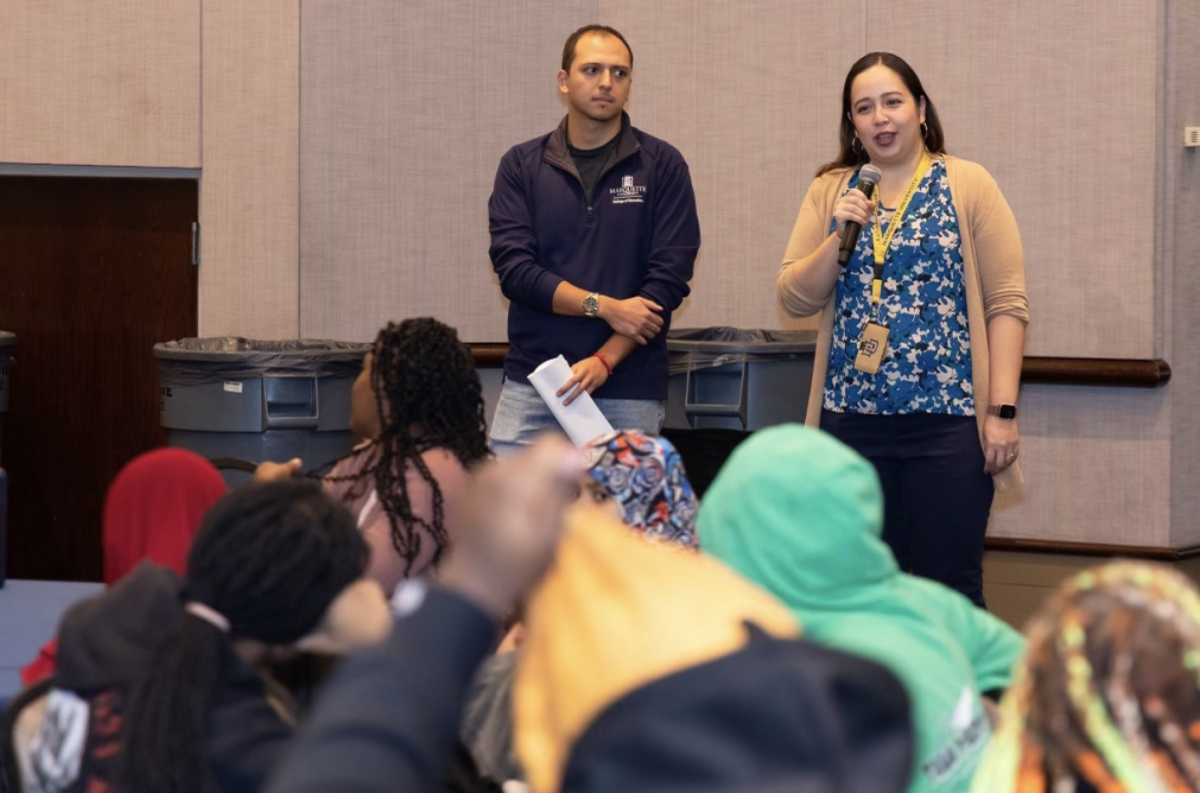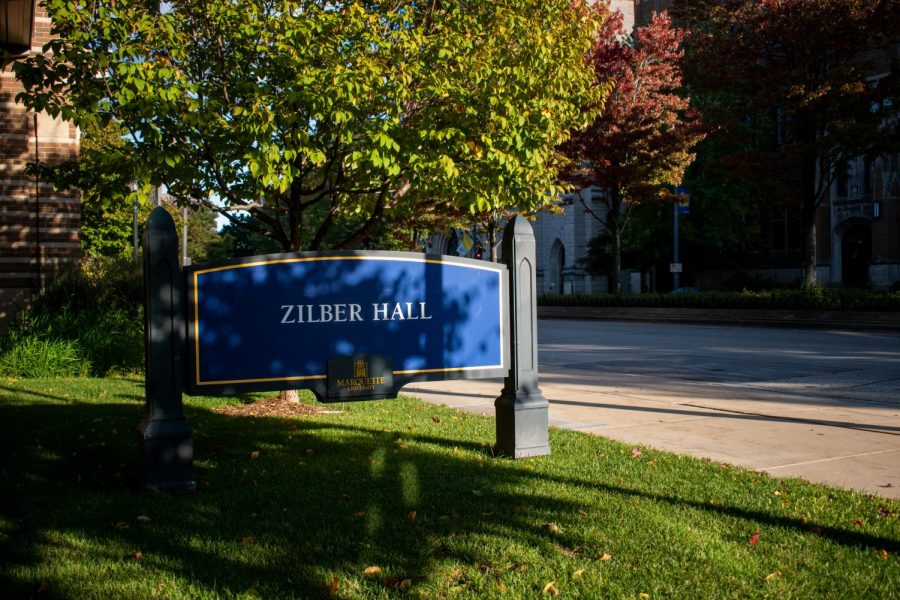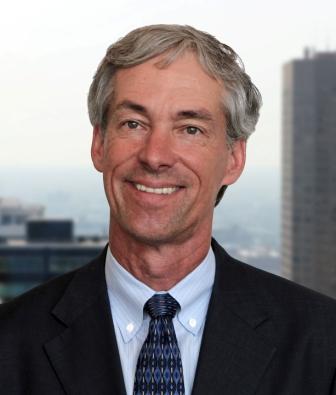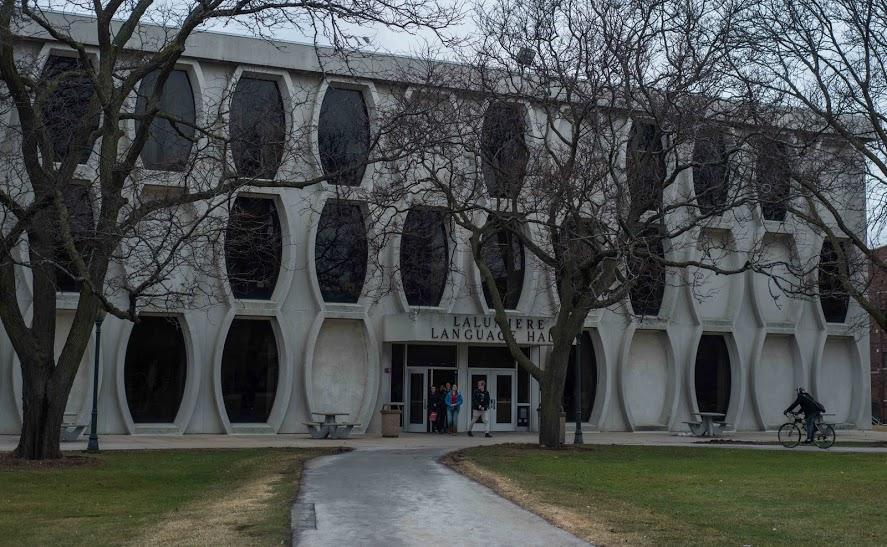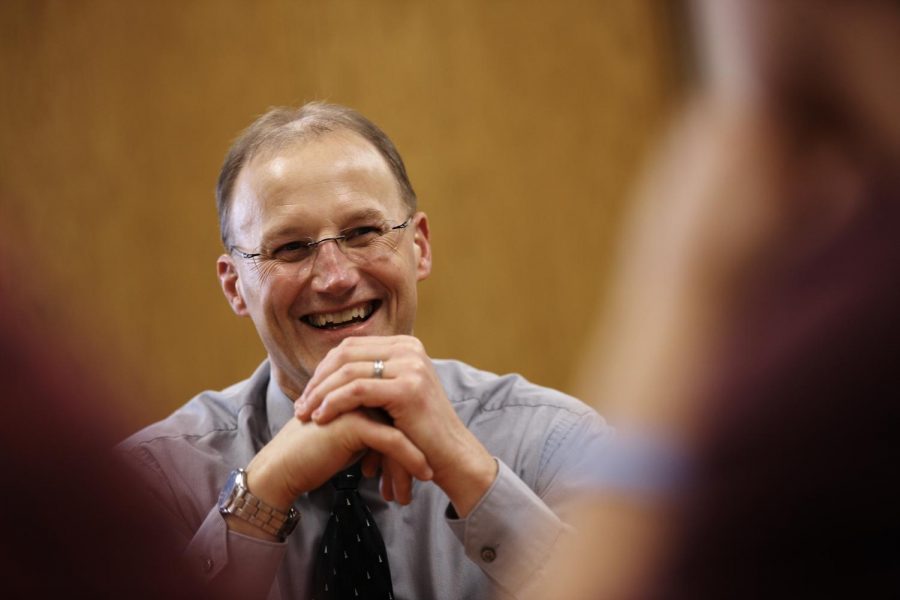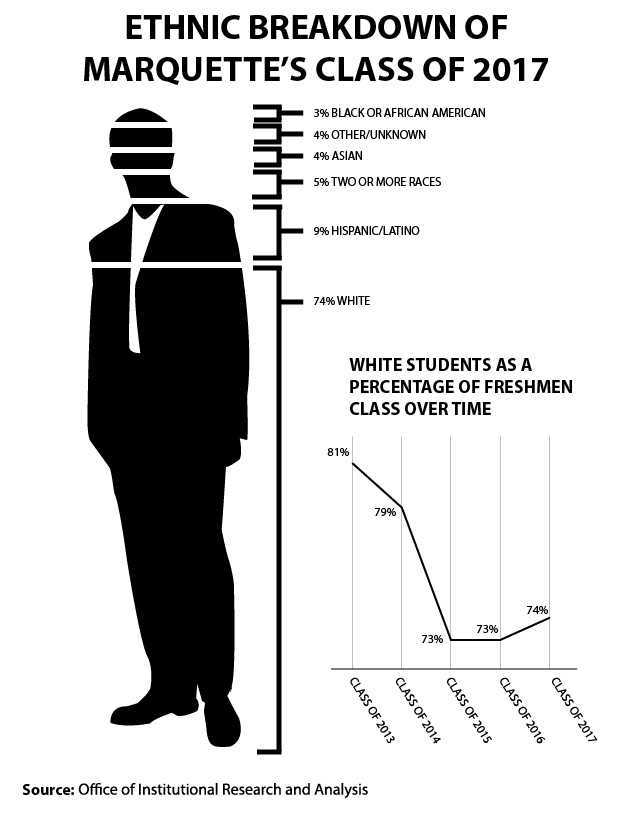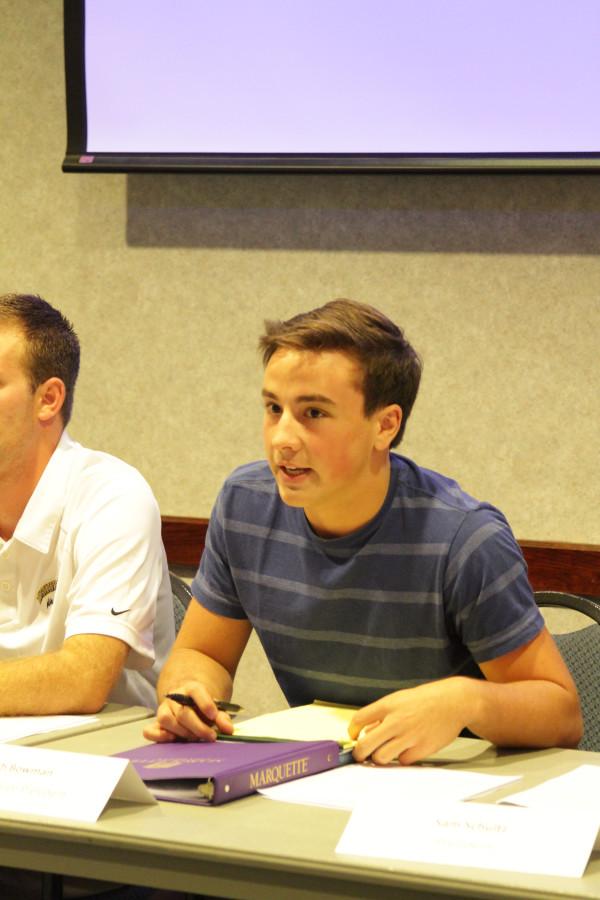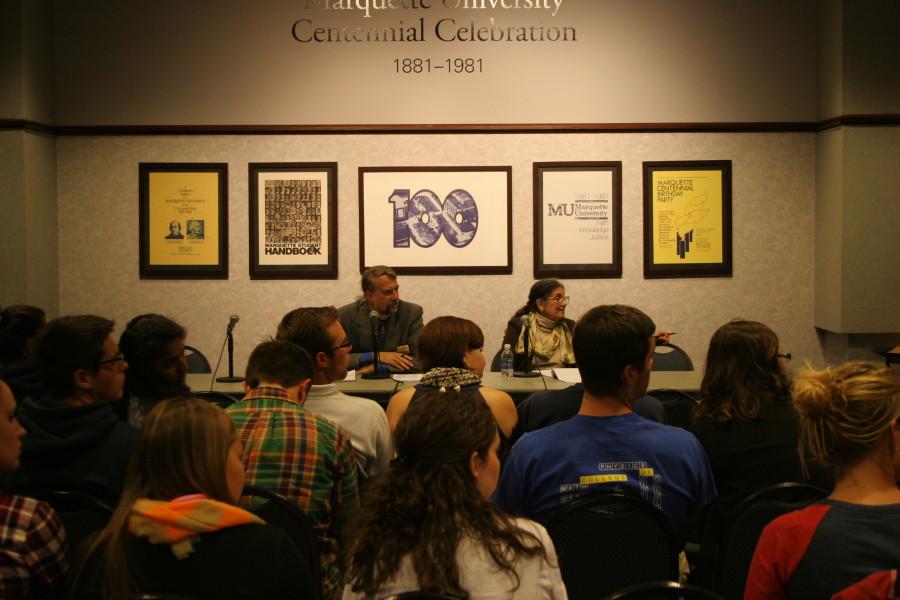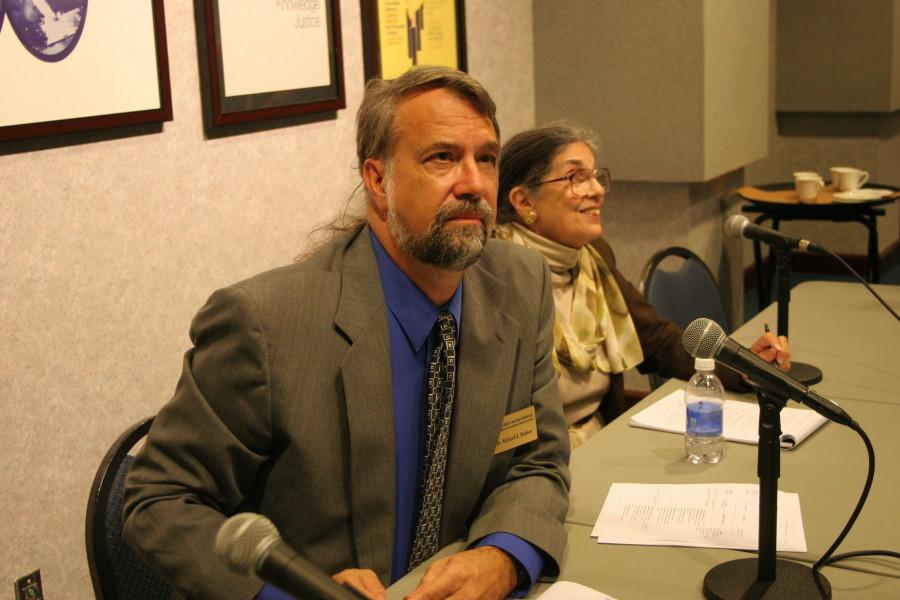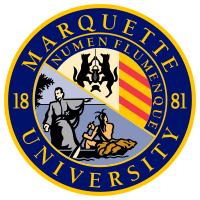 In a recent editorial, the Tribune staff raised questions related to the departure of various high level leaders at Marquette. More specifically, they state: “Speculation is circulating about what is really happening among top tier administrators, leaving staff, students and alumni who are concerned about the university’s future assuming something is not right.” The editorial goes on to suggest that the seeming instability creates the illusion of aimlessness and threatens the institution’s public image. Fair enough.
In a recent editorial, the Tribune staff raised questions related to the departure of various high level leaders at Marquette. More specifically, they state: “Speculation is circulating about what is really happening among top tier administrators, leaving staff, students and alumni who are concerned about the university’s future assuming something is not right.” The editorial goes on to suggest that the seeming instability creates the illusion of aimlessness and threatens the institution’s public image. Fair enough.
As an academic dean here, though, I’d like to offer my own perspective on one important aspect of the leadership situation at our university. In doing so, I’m not trying to dismiss the departures, as the editorial asserts, as “coincidental and of little importance to the institution’s operations.” However, since I know only a modicum about the departures themselves, I can’t speak to the reasons or to the timing of the announcements with any credibility. I apologize in advance to readers who seek that clarity.
But I can share a telling anecdote related to the university’s reaccreditation effort, a notable aspect of any institution’s health, which along with the University Leadership Council were referenced briefly in the editorial.
As it turns out, the academic deans and vice provosts were the first group to meet with the Higher Learning Commission accreditation team on their October visit, bright and early Monday morning. Understandably, the team probed at considerable length about the leadership situation because, among other developments, the presidency was vacated just the week before.
The accreditors were merely doing their jobs. Like the Tribune editorial staff and no doubt many others, they had their suspicions, and in their roles, they were obliged to explore what looked like red flags.
What happened during that exchange honestly stands out to me as one of the highlights of my decade-long service at Marquette.
In effect, our group of academic administrators stood firm, almost universally, that the institution remained in a strong leadership position. Our earnest stance centered largely on the extraordinary level of experience, skill and commitment that existed both within our group and within our university vice presidents, our University Leadership Council colleagues.
You see, it’s probably not common knowledge in the Marquette community, especially among our students, but the members of the University Leadership Council enjoy a significant level of trust and respect for one another. And when the deans testified to the Higher Learning Commission, it seemed to me we were maintaining the institution’s infrastructure could withstand nearly any measure of uncertainty that might exist around our executive leadership circumstances.
Don’t get me wrong. Our beliefs were not borne of conceit or arrogance. We’re human, we make mistakes and our interrelationships aren’t perfect. Moreover, we all believe that institutions benefit immensely from having exceptional presidents, provosts and other senior administrators who endure in their roles. But in the collective, we simply knew our respective and fellow academic colleges would continue to run well and that Marquette’s administrative offices would do the same.
In other words, what could have been regarded as a leadership vulnerability by our accreditors became instead a catalyst for their confidence that our university was in good hands moving forward – a strength, if you will.
For what it’s worth, and at the risk of sounding either self-serving or stretching to provide reassurance, I believe that Marquette rests on solid ground. Why? Because of the character, strength and talents of our full complement of people – certainly not just our University Leadership Council, but also our remarkable faculty, students, staff, alumni and friends. Fact is, I’ve been in higher education for over 35 years and have never seen anything like it. Nor probably have our accreditors. Our level of connectedness, camaraderie, collaboration and common purpose is why, leadership departures notwithstanding, Marquette will not only persevere, but flourish.
William Henk is dean of the College of Education


